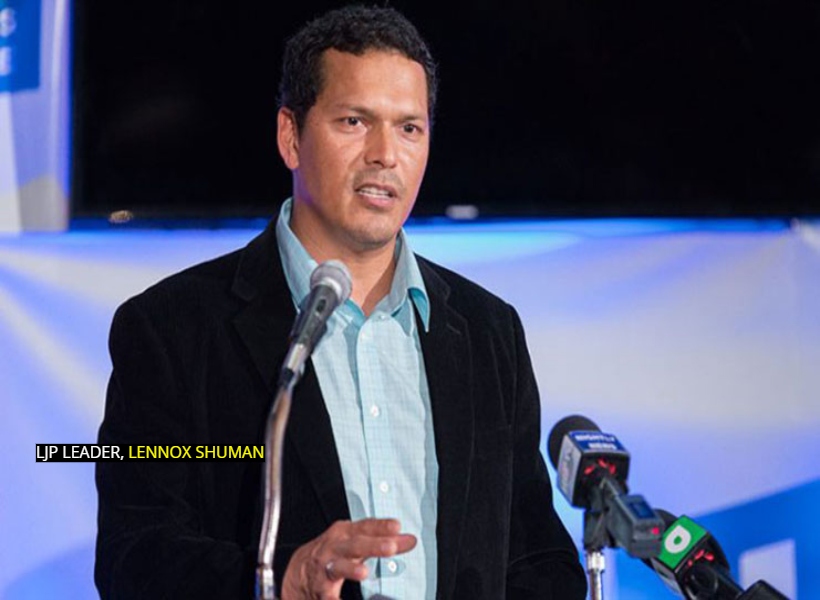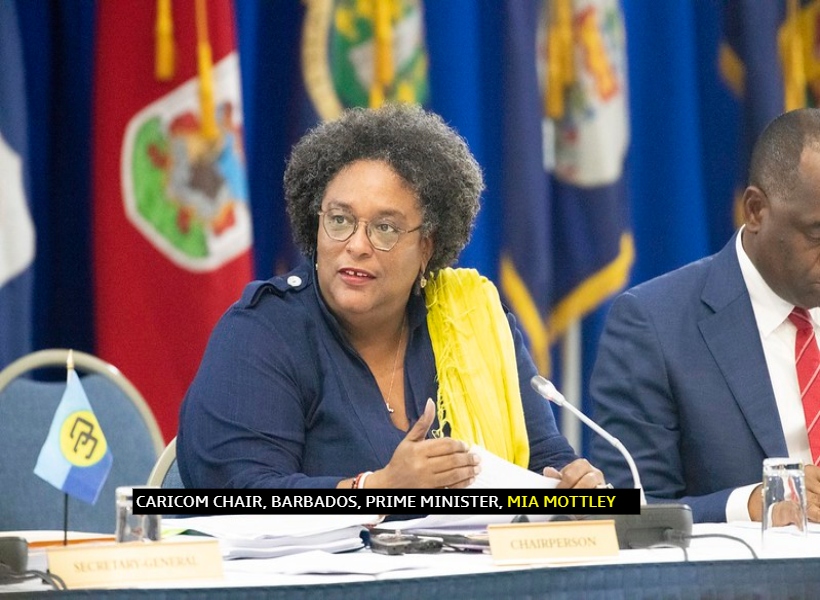Following President Donald Trump’s imposition of a 10 percent tariff on goods from most Caribbean nations, CARICOM Chair and Barbados’ Prime Minister, Mia Mottley warned that the region’s goal to slash its import bill by 25 percent is now in grave danger.
In a chilling statement on Saturday evening, Mottley said Trump’s imposition of a baseline tax of 10 percent on goods from all CARICOM nations except Guyana (which faces a 38% tax), underscores the need for regional leaders to redouble their efforts to invest in agriculture and manufacturing.
It would be recalled that CARICOM’s goal to slash its food import bill by 2025 was pushed back to 2030. Guyana’s Head of State, Dr. Irfaan Ali had made the announcement in February at the 48th CARICOM Heads of Gov’t Meeting in Bridgetown, Barbados. Ali noted that in 2024, the region was affected by major climate change impacts such as Hurricane Beryl as well as geopolitical tensions.
Importantly, he had highlighted that food prices for cattle, meat, dairy, vegetable oil, and raw sugar, increased significantly on the global market. The Guyanese leader was keen to note that for 2025, the pressure is set to increase. He too had cautioned that uncertainty in tariffs and trade rules will have a significant impact on the costs of food globally and within the region.
In light of Trump’s tariffs which took effect on April 5, Mottley stressed that the reduction of the food import bill will come under pressure. In fact, Mottley said the goal now seems “too modest a target.” In response to this latest development, Mottley said, “We must grow our own and produce our own as much as possible. We can all make the decision to buy healthy foods at the market instead of processed foods at the supermarket.”
The CARICOM Chair said regional leaders must also build ties with Africa, Central and Latin America, as well as renew ties with older partners around the world, in the United Kingdom and Europe, and in Canada. “We must not rely solely on one or two markets. We need to be able to sell our Caribbean goods to a wider, more stable global market,” said the CARICOM Chair.
Overall, her message was simple: Buy local and regional to overcome the crisis ahead.













